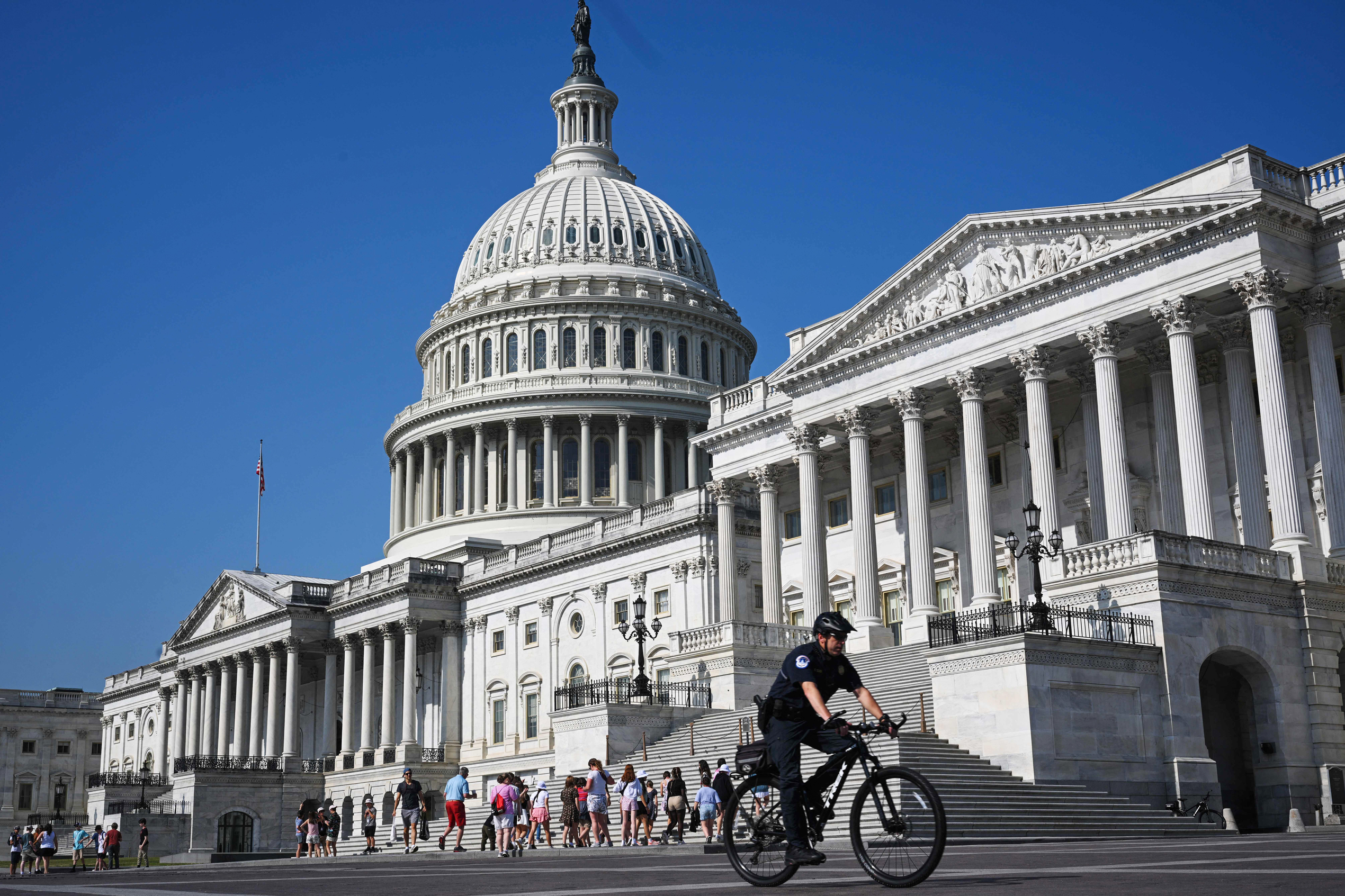Maybe this would be a good time & place to insert some information that kids are not likely to hear in any public schools these days. It is the Battle of Baltimore, which inspired the writing of the Star Spangled Banner (national anthem). Few Americans have ever gotten this taught in school, but it is important for us to know about the fierce warfare battle that took place in September 1814, in which 28 US soldiers & sailors were killed, 250 wounded, 50 captured.
Following their occupation and burning of
Washington, D.C., in August 1814, the British-led by Vice Admiral Alexander Cochrane, Rear Admiral George Cockburn, and Major General Robert Ross-decided to sail up the
Chesapeake Bay and strike the port of
Baltimore,
America’s third-largest city and a center of ship-building. They expected the city and harbour to fall quickly, as Washington had done.
 Fort McHenry, Baltimore, Maryland
Fort McHenry, Baltimore, Maryland
Baltimore’s citizens, however, had worked on the city’s defenses for more than a year.
Fort McHenry, south of the harbour entrance, was the city’s main guardian, commanded by Major George Armistead with a regular garrison. Militia manned other earthworks. The
harbour entrance was blocked by a large chain and
scuttled hulks. Against these defenses the British pursued a land-sea pincer maneuver, attacking from land while bombing the fort from the In the early morning of September 12, some 4,700 troops under Ross landed at North Point, north of the harbour. Opposing them was Brigadier General John Stricker’s brigade of 3,200
militia.
In late afternoon, Ross’s
infantry encountered Stricker’s skirmishers. Ross came forward and was killed. Taking command, Colonel
Arthur Brooke attacked, turned the American left, and assaulted the center. After a sharp but short battle, Stricker retreated to a second defensive line, and with nightfall the British stopped and Stricker
withdrew into the city.
Meanwhile,
sixteen British ships approached Fort McHenry, and in the early morning of September 13, they began a 25-hour bombardment of the fort. Brooke advanced to within sight of the city’s strong fortifications and concluded that only a night attack supported by naval
cannons could succeed. The ships, however, were unable to reach the fort because of the chain and Armistead’s artillery. That night an attempt to land marines was driven back.
On 14 September the British decided that a successful attack was impossible and departed.
Watching the bombardment from Baltimore harbour was American lawyer and poet
Francis Scott Key, who was detained on a British ship throughout the attack. When he spotted the
American flag still flying over the
fortress at dawn on September 14, signaling that the Americans had not been defeated, he wrote a poem, completed later that day at a Baltimore hotel, in honor of the dramatic occasion. Called the "Defence of Fort M’Henry," it became the lyrics of the U.S. national anthem.


